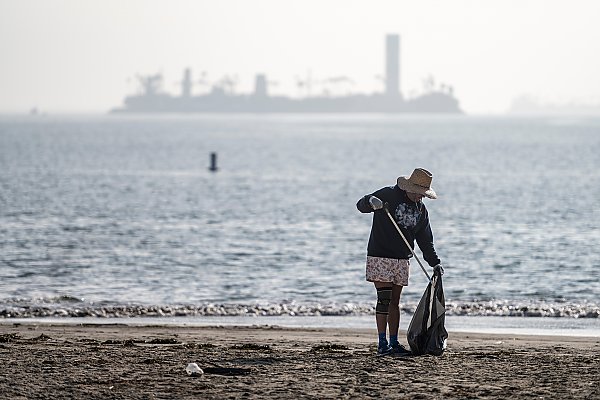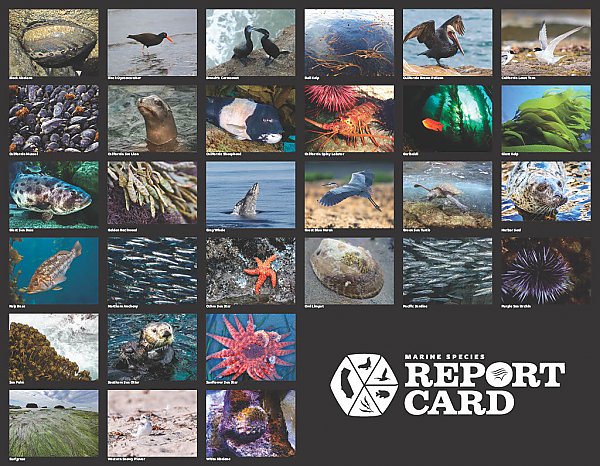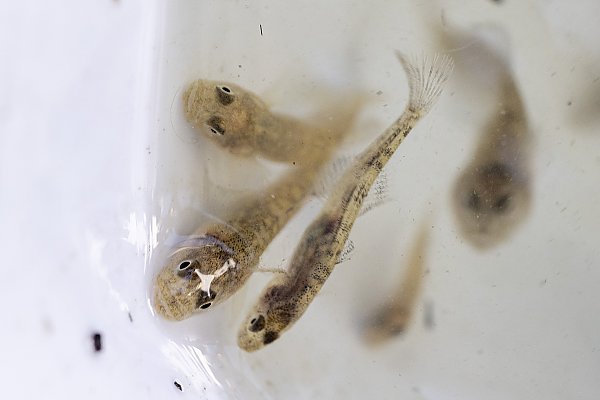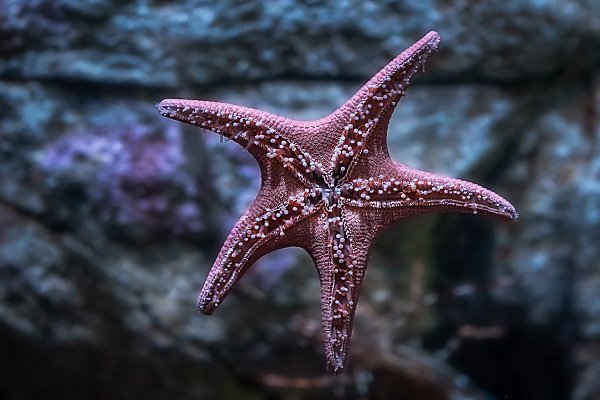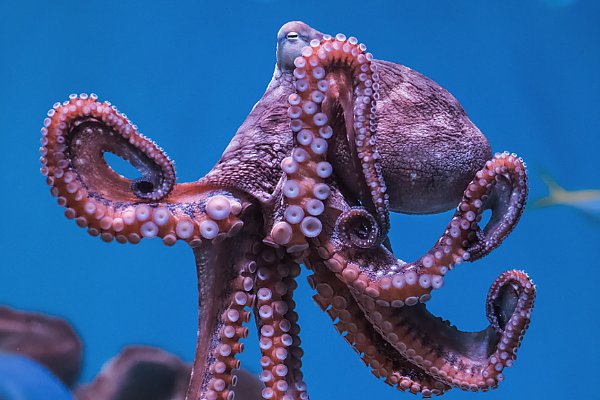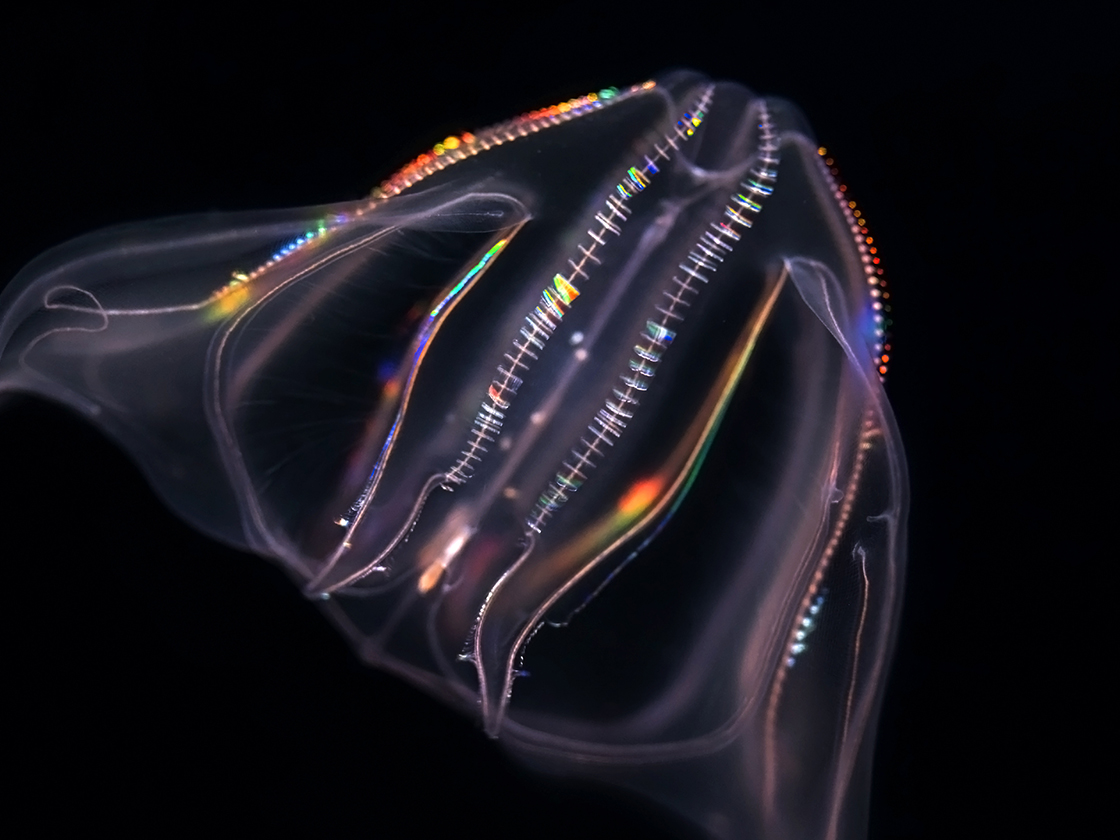Rehabilitated Green Sea Turtle Swims Over 500 Miles
The Aquarium rehabilitated and released a green sea turtle this spring, attaching a satellite tag to track its movements.

The rehabilitated turtle was fitted with a GPS-enabled satellite tag before it was released. Credit: Aquarium of the Pacific
June 12, 2012
This spring the Aquarium of the Pacific rehabilitated and released an endangered green sea turtle that is now equipped with a tracking device. As an institution approved by the National Marine Fisheries Service to rehabilitate these animals, the Aquarium was selected to care for the sea turtle, which was found in the Shoreline Village marina in April. Read the previous story on this project here.
When the sea turtle was deemed healthy enough for release back into the wild, our veterinarian attached a temporary GPS device to track the turtle’s movements. We have since recorded its journey from Long Beach to Santa Barbara. The turtle is currently moving offshore in waters off the coast of Santa Barbara.
“The sea turtle has traveled as much as fifty miles and as little as ten miles a day,” said Dr. Lance Adams, veterinarian at the Aquarium of the Pacific. So far, the sea turtle has traveled approximately 500 miles in about four weeks and is currently about 300 miles offshore from Santa Barbara.
The green sea turtle’s diet can vary. When they are farther out to sea, they are likely to eat sea jellies. Closer to shore, they feed on sea grasses and algae. A unique characteristic of green sea turtles is that as they become adults they become herbivores, meaning they only eat plants.
This turtle was the third to be rehabilitated by the Aquarium. All seven sea turtle species are listed in the Endangered Species Act. Sea turtles suffer from habitat loss due to coastal development in their native habitats and overcrowded beaches. Even when they find an undisturbed beach to lay eggs, the eggs are at risk of poaching. Sea turtles are also poached for their shells and skin.
View the turtle's progress on the maps below

GPS data collected from the sea turtle’s satellite tag shows its path up the coast and out to sea.

September 8
Four months after its release in Long Beach, the sea turtle continues to swim north along the Pacific Coast of the U.S.

May 17
After its release in Long Beach in May, the sea turtle headed up the coast.

May 24
Upon reaching the Santa Barbara area, the turtle traveled southwest around the Channel Islands.

June 3
The turtle’s steady progress continued through early June.

June 9
As the sea turtle continued to head west, Aquarium staff members wondered if it could be on its way to Hawaii.

June 24
The sea turtle has traveled several hundred miles from its original release location in Long Beach.

July 5
By early July, the turtle has traveled far west off the California coast.

July 16
In mid-July, the turtle’s path takes a slightly northward turn.

July 29
This map shows the turtle’s location at the end of July.

August 6
The turtle’s travels through August continue north toward the Pacific Northwest.

August 25
Aquarium staff members have been closely monitoring the green sea turtle’s progress off the California coast on a journey of more than 800 miles.

September 4
As September begins, the turtle continues to travel north along the western coast of the U.S. toward Canada.

